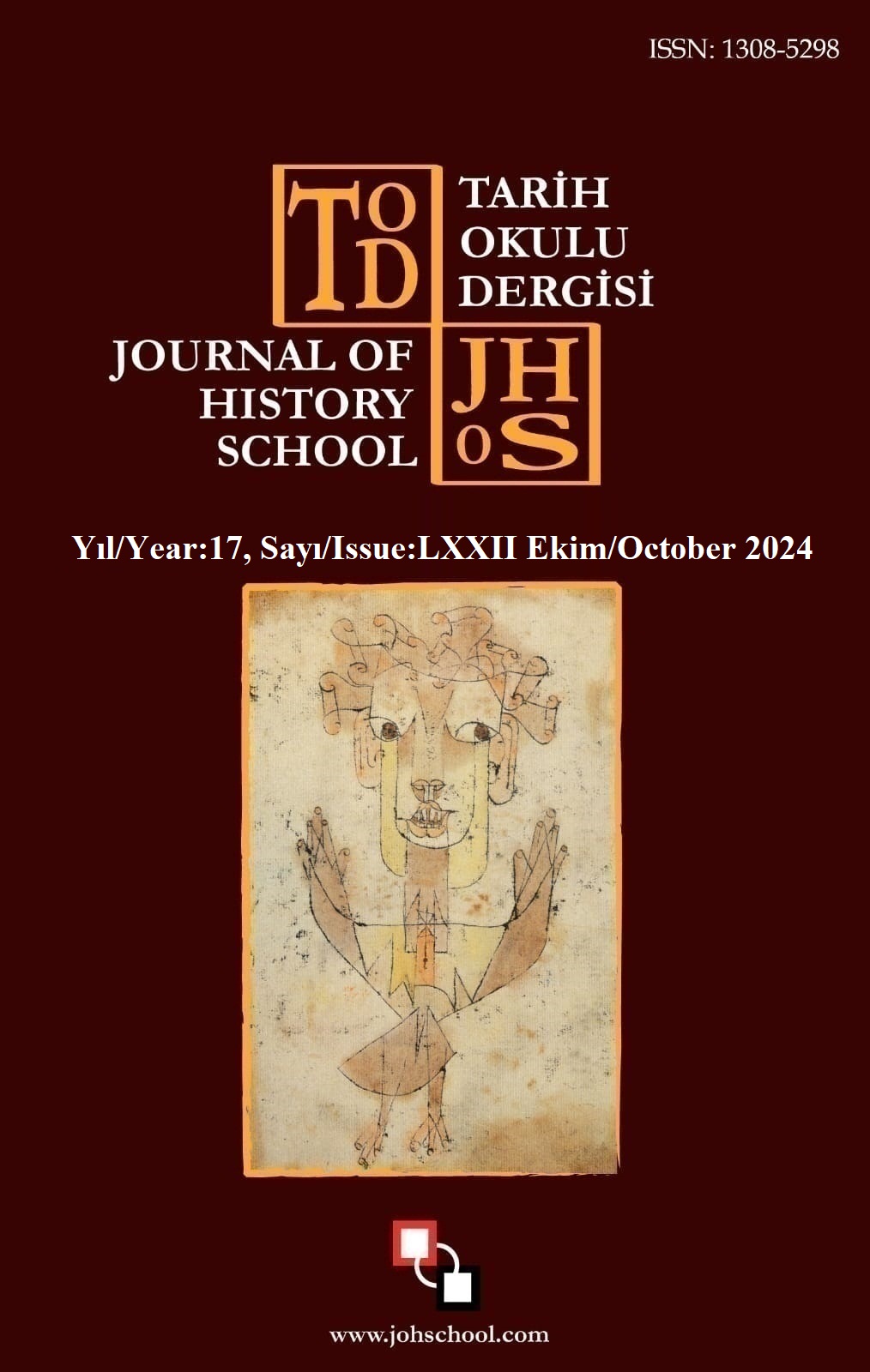Author :
Abstract
Bu makale, metaverse kavramının, tüketicilerin dijital içeriklerle etkileşimini köklü bir şekilde değiştirdiğini ve toplumun üçüncü şahıs bakış açısından izlediği geleneksel medyalardan, birinci şahıs deneyimlere geçişini sağladığını incelemektedir. Önümüzdeki beş ila on yıl içinde, metaverse'in pazarlama endüstrisinde köklü değişikler yaratacağı ve statik görüntü ve videolardan etkileşimli ve kişiselleştirilmiş tanıtım deneyimlerine evrileceği düşünülmektedir. Bu yeni ortamda, pazarlama kampanyaları için Sanal Ürün Yerleştirmeleri (SÜY) ve Sanal Sözcüler (SS) gibi yenilikçi yöntemlerin yoğun şekilde kullanılması beklenmektedir. Çalışma da multidisipliner bir yaklaşım benimsenmiş ve metaverse ortamında sanal reklam araçlarının etkileri teorik analiz yöntemiyle incelenmiştir. Çalışmada ana odak noktaları, metaverse’in beş temel unsuru olan dijital aracılık, mekânsal özellikler, sürükleyicilik, paylaşım ve gerçek zamanlı işleyiş aracılığıyla tüketici kimliği, sosyal etki ve dijital mülkiyet konuları üzerine yoğunlaşmaktadır. Sonuçlar, metaverse’in markalar için tüketiciyle sürükleyici deneyimler aracılığıyla etkileşim kurma fırsatları sunduğunu, ancak aynı zamanda tüketici gizliliği ve etik pazarlama uygulamaları konusunda endişeler yarattığını göstermektedir. Makale, kamu çıkarlarını korumak için politika yapıcılara ve iş dünyası liderlerine tüketici haklarını koruyacak öneriler sunmakta ve bu yeni dijital ortamda tüketici davranışları üzerine gelecekte yapılacak araştırmaların önemini vurgulamaktadır.
Keywords
Abstract
This article examines how the concept of the metaverse fundamentally transforms the way consumers interact with digital content, facilitating a shift from traditional media, observed from a third-person perspective, to first-person experiences. Over the next five to ten years, the metaverse is expected to create significant changes in the marketing industry, evolving from static images and videos to interactive and personalized promotional experiences. In this new environment, innovative methods such as Virtual Product Placements (VPP) and Virtual Spokespersons (VS) are anticipated to be extensively utilized in marketing campaigns. A multidisciplinary approach is adopted in the study, with the effects of virtual advertising tools in the metaverse analyzed through theoretical analysis methods. The primary focus areas of the study include consumer identity, social influence, and digital ownership, examined through the five fundamental elements of the metaverse: digital mediation, spatial features, immersiveness, sharing, and real-time operation. The findings reveal that the metaverse offers brands opportunities to engage with consumers through immersive experiences, yet also raises concerns about consumer privacy and ethical marketing practices. The article provides recommendations to policymakers and business leaders on protecting consumer rights and emphasizes the importance of future research on consumer behavior in this new digital environment.
Nevertheless, the potential risk of manipulative and predatory use of these methods should not be overlooked. This article examines the probable marketing techniques in the metaverse, identifies potential risks to consumers, and provides policymakers and business leaders with recommendations to safeguard public interests. Furthermore, the article presents a multidisciplinary perspective on the metaverse's potential impact on consumer behavior. Beginning with a unique definition of the metaverse through its five key elements—digital mediation, spatial characteristics, immersion, sharing, and real-time operation—the effects on consumer behavior are examined in three key areas: consumer identity, social influence, and ownership.
The metaverse offers consumers the opportunity to create new identities and experiences in the digital world while also introducing new forms of interaction and communication that could influence consumer behavior and social norms. However, the potential for manipulative and problematic use of digital platform interactions should be considered. In conclusion, this study represents an important step in understanding the metaverse's effects on consumer behavior and marketing strategies, emphasizing the significance of ethical utilization and comprehending the ongoing transformation in the marketplace.





